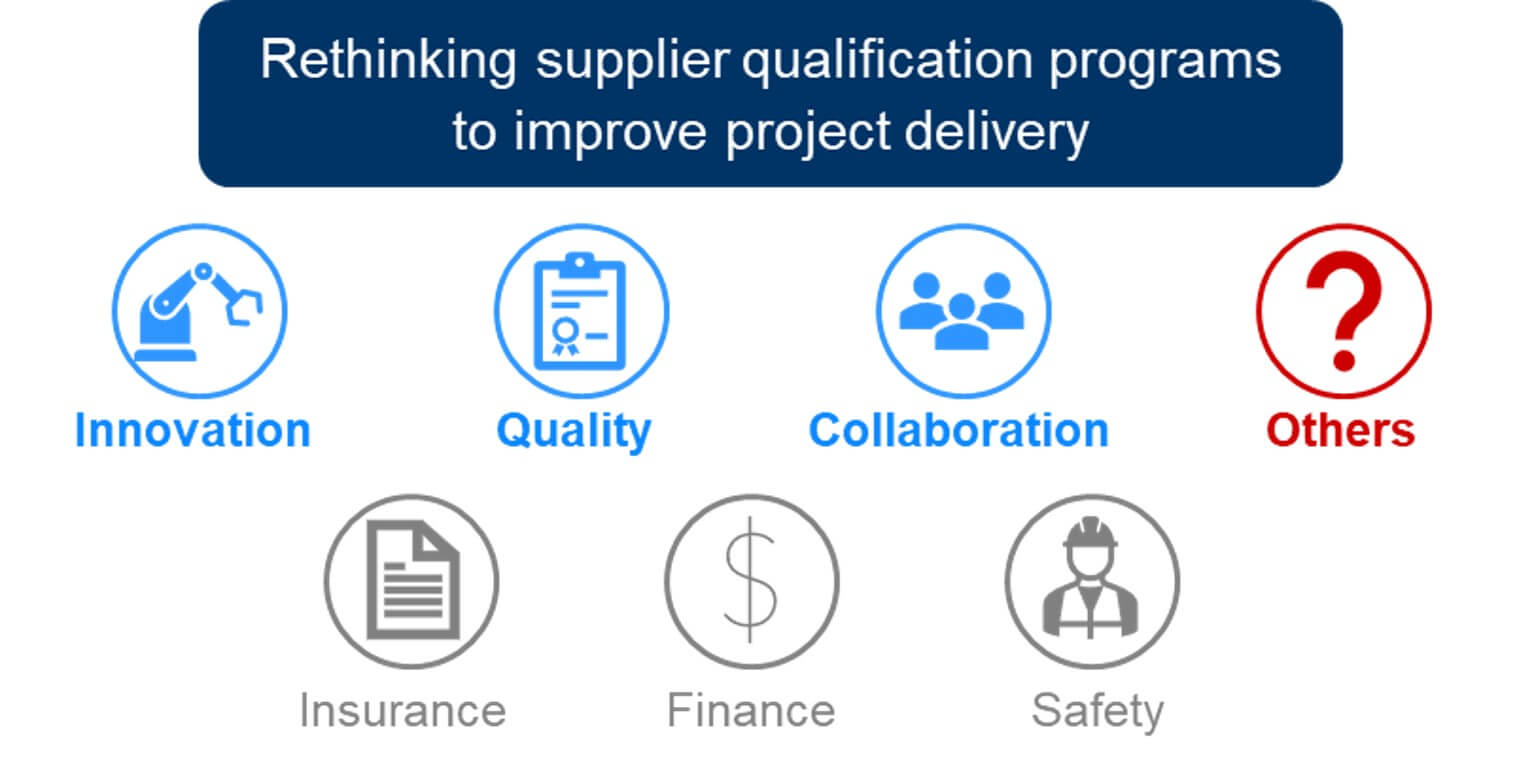CII Tools Blog Series: CII’s AWP CBA February 2024 Meeting Highlights
The February 2024 meeting of CII’s AWP (Advanced Work Packaging) CBA (Community for Business Advancement) provided a platform for industry professionals to delve into critical discussions surrounding AWP practices, particularly focusing on its implementation in engineering. But before diving into the current agenda, the group took a moment to reflect on the data analysis from 2023, and define initiatives and topics for joint working groups (JWGs) meeting in 2024. Here is a closer look at the key takeaways:
Furthermore, standardization of data delivery methods has emerged as a critical factor in bridging the gap between AWP and engineering. By establishing clear and consistent data protocols, engineering teams can seamlessly integrate AWP practices into their workflows, ensuring smoother project execution and delivery.
The meeting concluded with key recommendations aimed at promoting AWP adoption within engineering circles. These recommendations include providing comprehensive education and training on AWP principles, fostering a culture of collaboration and innovation, and implementing robust data management strategies tailored to engineering needs.
In essence, the discussions underscored the importance of actively engaging engineering teams in the AWP journey and leveraging their expertise to drive project success. By breaking down barriers, fostering understanding, and promoting alignment, the industry is poised to unlock the full potential of AWP in engineering and beyond. Stay tuned for further updates as the AWP CBA continues to champion excellence in construction project management.
- AWP Data Requirements: The meeting began with a spotlight on AWP data requirements, highlighting the imminent publication of AWP data models in compliance with CFIHOS (Capital Facilities Information Handover Specification). These models serve as foundational frameworks for standardized data delivery across various stakeholders, promising to provide comprehensive benefits for stakeholders, including owners, suppliers, and technology providers.
- AWP for Engineering: A significant portion of the meeting was dedicated to addressing the perception of AWP as a potential impediment in engineering processes. The discussion centred on the importance of ensuring that engineering teams fully understand and appreciate the benefits of AWP. By actively involving engineering in the AWP fold, the industry aims to transform this perception into an opportunity for enhanced project efficiency and collaboration.
Furthermore, standardization of data delivery methods has emerged as a critical factor in bridging the gap between AWP and engineering. By establishing clear and consistent data protocols, engineering teams can seamlessly integrate AWP practices into their workflows, ensuring smoother project execution and delivery.
The meeting concluded with key recommendations aimed at promoting AWP adoption within engineering circles. These recommendations include providing comprehensive education and training on AWP principles, fostering a culture of collaboration and innovation, and implementing robust data management strategies tailored to engineering needs.
In essence, the discussions underscored the importance of actively engaging engineering teams in the AWP journey and leveraging their expertise to drive project success. By breaking down barriers, fostering understanding, and promoting alignment, the industry is poised to unlock the full potential of AWP in engineering and beyond. Stay tuned for further updates as the AWP CBA continues to champion excellence in construction project management.
2024 AWP CBA Subcommittees / Joint Working Groups:
- AWP Certification Subcommittee
- Robin Mikaelsson robin@awp-u.com / William J O'Brien wjob@utexas.edu
- Performance and Benchmarking Subcommittee
- Vassiliki Demetracopoulou vd381@soe.rutgers.edu / Vishal Porwal vishal.porwal@cii.utexas.edu
- AWP for Engineering
- Andrew Foy andrew.foy@o3.solutions / Keith Henson Keith.Henson@ptaginc.com
- AWP Data Requirements JWG
- Morris, Tom kenneth.t.morris1@exxonmobil.com / Dario Rigaud Dario.Rigaud@fluor.com
- Next Gen JWG
- Fernando Espana fernando@construct-x.com / jps@collaborativeflow.com
- CII AWP Conference Subcommittee
- Eric Crivella ecrivella@construct-x.com / Weitzman, Tedd (Houston) Tedd.Weitzman@worley.com
- Education and Outreach
- Lloyd Rankin lrankin@groupasi.com / Sanusi, Afolabi asanusi@bechtel.com


.jpg?width=1534&height=766&ext=.jpg)

